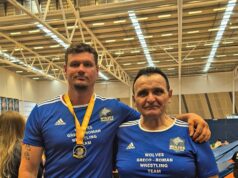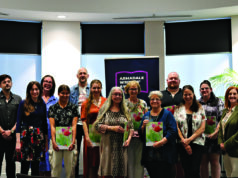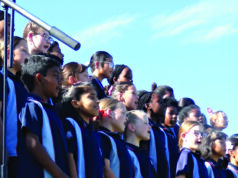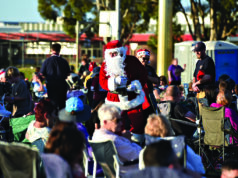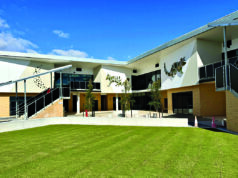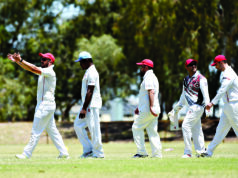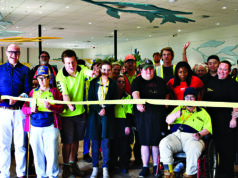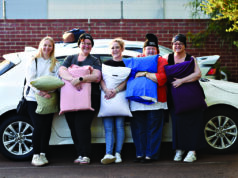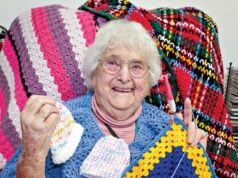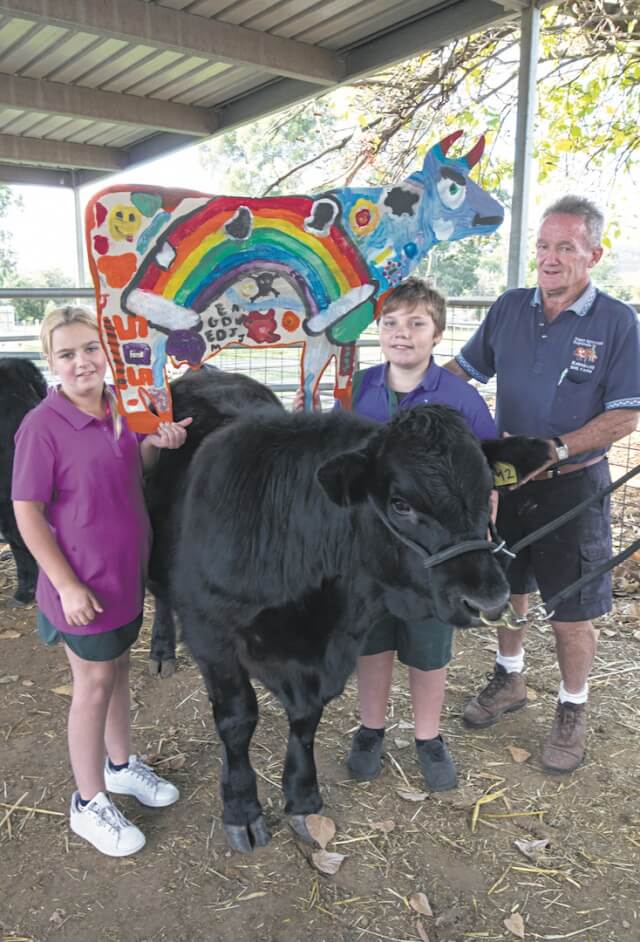
At a time when some Australian farmers were doing it tough a Kelmscott Senior High School employee said he wanted to get more children interested in agriculture.
Farmers throughout the Great Southern region have struggled this season because of a lack of rain and in some areas farmers are struggling more than they have in years.
Despite the hardships in the state’s south, Kelmscott Senior High School Primary Agricultural Awareness Program coordinator Norm Hammond said now was the time to engage children in farm life.
Mr Hammond has been the coordinator for the school’s agricultural program for more than 20 years and said his tours at the school’s farm for children across the metropolitan area allowed them to develop an awareness of what farmers actually did.
He said experiences like viewing shearing, milking and chicken hatching would open student’s eyes to how food gets from the farm to their plate.
“When kids go home and they are being served eggs, milk and cereal they can understand where it comes from,” he said.
“Here they can see milking and shearing, they can collect eggs and then realise the source of their food.”
The farm is a three-hectare property in Kelmscott from which the school based its award-winning cattle program.
Representatives from the school have given talks internationally on the educational benefits of its program and the school has regularly won awards at the Royal Show for its cattle.

In April, 15-year-old Kelmscott Senior High School student Abby Fouweather won the most points at the WA Youth Cattle Handlers Camp after learning her skills at the farm.
Mr Hammond said teachers and students would find the experience of escaping the classroom and getting hands-on experience rewarding.
“Teachers usually say they enjoyed getting the opportunity to introduce the children to the reality of farming and that it complements what they do in the classroom,” he said.
The program is assisted by a group of volunteers who can cater to pre-primary and primary school children and special needs groups.
“The program has received a lot of kudos, especially from schools that have visited,” he said.
Mr Hammond said teachers and schools interested in participating in the program could contact him on 0409 688 853.


